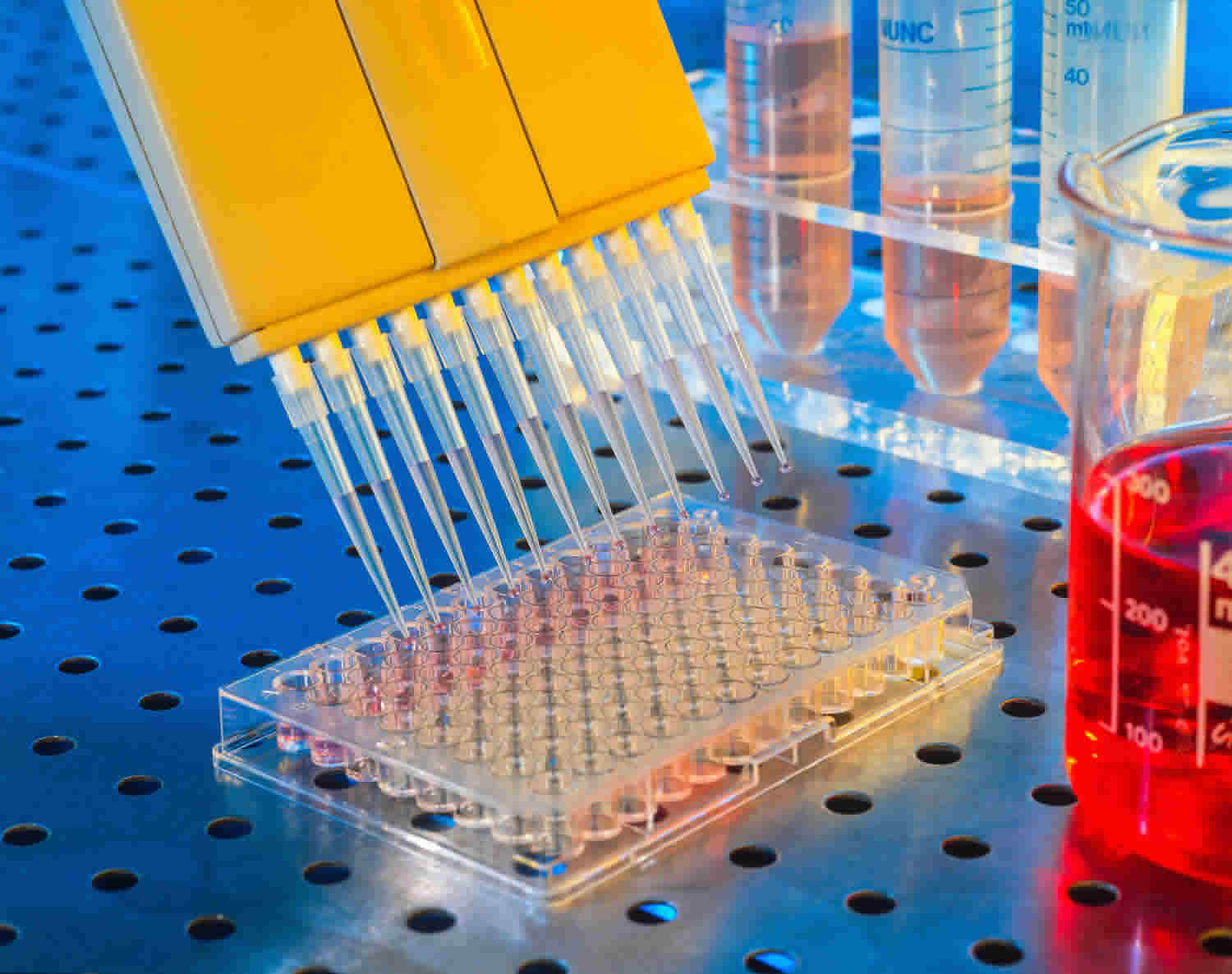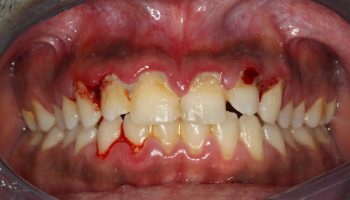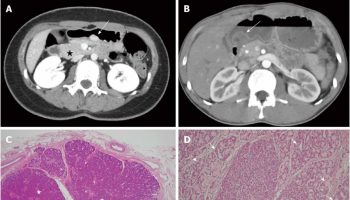What is ELISA test
ELISA test is short enzyme-linked immunosorbent assay test, which is a commonly used laboratory test to detect antibodies or antigens in your blood or urine to aid in the diagnosis of a wide range of diseases. An antibody is a protein produced by the body’s immune system when it detects harmful substances, called antigens.
ELISA test is used for measuring the amount of a particular protein or substance in these bodily fluids, such as infectious agents, allergens, hormones or drugs.
ELISA test relies on the interaction between components of the immune system called antigens and antibodies. Antibodies are proteins produced by the body to identify and neutralize any foreign substances that may be encountered, such as viruses and bacteria. The substances to which antibodies are produced are known as the antigens as they stimulate an immune response.
A blood or urine sample is needed. Most of the time, blood is drawn from a vein located on the inside of the elbow or the back of the hand. The sample is sent to a laboratory where the targeted antibody or antigen is linked to a specific enzyme. If the target substance is in the sample, the test solution turns a different color.
What does ELISA test for?
ELISA tests are used for numerous types of tests in the laboratory which can assist in the diagnosis of many different conditions. ELISA test is often used to see if you have been exposed to viruses or other substances that cause infection. ELISA test is also used to screen for current or past infections.
ELISA test is most commonly requested if it is suspected you have been exposed to viruses such as HIV and Hepatitis B or C, or bacteria and parasitic infections such as Toxoplasmosis, Lyme disease and Helicobacter pylori. ELISA test can also measure levels of antibodies to see if you have been vaccinated against certain diseases such as mumps and rubella.
Other uses of the ELISA test include:
- Measuring certain hormone levels such as human chorionic gonadotrophin (hCG) in the pregnancy test, thyroid hormones
- Detecting dust and food allergies
- Detection of illicit drugs such as cocaine and methamphetamines.
- Measuring antibodies which are produced in auto-immune conditions such as Lupus and rheumatoid arthritis.
Some kits are also available for the general public to use for example; the home pregnancy test is based on the ELISA principle and detects the presence of a hormone known as human chorionic gonadotrophin (hCG) which is excreted in the urine of a pregnant woman.
How does the ELISA test work?
There are several variations of an ELISA test depending on whether antibodies or antigens are being detected.
If antibodies are being detected for example to HIV, then a portion of the HIV virus is attached to a solid surface such as a tube or plate. This will act as the antigen. Your serum will then be added to the tube and if it contains antibodies to the antigen then it will bind to it. Another antibody which recognizes the HIV antibodies is then added and binds to any bound antibody. This second antibody is linked with a chemical known as an enzyme (an enzyme speeds up a chemical reaction) and in the final step a substance which reacts with the enzyme on the antibody is added to produce a colored product. If the test is positive then a color reaction will occur. If you don’t have antibodies to that certain antigen then no reaction will occur and no color change will be seen.
How to prepare for the ELISA test
No preparation is required.
What does the ELISA test involve?
ELISA test usually requires blood to be taken from a vein or a urine specimen.
ELISA test results and what they mean
Most ELISA tests give either a positive or a negative result, either your body has the antibody or it hasn’t. Some others are semi-quantitative and a value is given, as is the case for measuring hormone levels.
What can affect the ELISA test?
A drawback of the ELISA test is the occurrence of false positive or false negative result, so in many cases it is followed up by a confirmatory test. For example, the ELISA test for HIV and Lyme disease may often give a false positive result therefore a different type of test is also carried out on all positive samples to verify this. False positives may occur if you have an underlying condition such as Lupus or rheumatoid disease.
A negative result doesn’t always mean there is no infection as some antibodies are not produced immediately following infection. Antibodies to HIV do not appear in blood until 6 weeks after exposure to the virus so it is recommended that if you suspect you have been exposed then the test should be repeated after three months.





